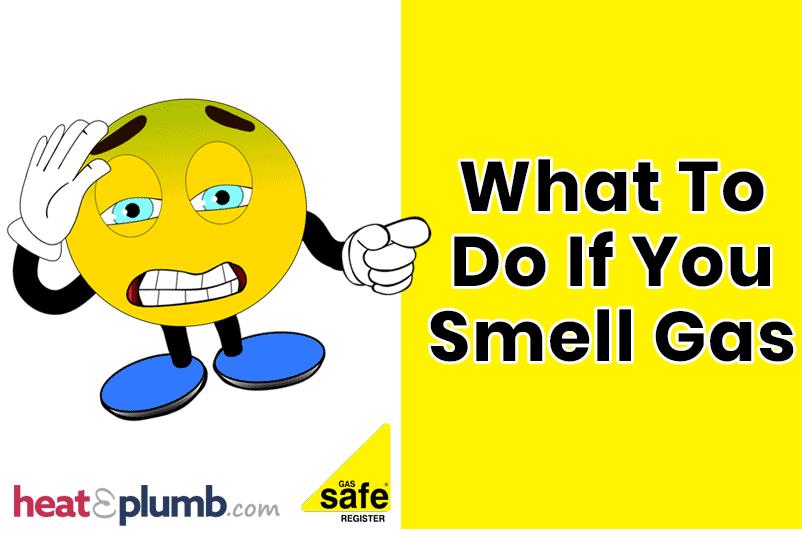
Gas safety is a crucial aspect of maintaining a safe and healthy living environment. While technological advancements and stricter safety regulations have reduced the occurrence of gas leaks, it's important to recognize that the risk, though small, still exists, particularly in older appliances. Gas leaks can lead to hazardous situations, posing threats to both life and property. Therefore, being aware of the signs of a gas leak and knowing what actions to take are essential for your safety and well-being.
This article aims to provide you with valuable information on gas leaks, their detection, and the necessary steps to follow if you suspect a leak in your home. We will also discuss preventive measures that can help minimize the chances of a gas leak occurring in the first place. By understanding the importance of gas safety and familiarizing yourself with the necessary precautions, you can ensure a secure environment for you and your loved ones. Let's delve into the details of gas safety and what to do if you encounter a gas leak situation.
The most apparent sign of a gas leak is being able to smell it. This only applies in the case of a gas leak and not a scentless and highly dangerous carbon monoxide leak. Carbon monoxide leaks are far more difficult to detect but there are some trusted methods, detailed in another article on this site. Other signs that there may be an issue with your gas appliances include soot around the appliance, cookers producing a yellow, flickering flame instead of a strong blue flame or your pilot light frequently going out. Even if you're unable to smell gas, there are physical symptoms that might indicate a gas leak. These include feeling lightheaded, dizzy or nauseous, suffering a persistent headache or a general sense of lethargy. If these symptoms appear while you're in your property and fade when you move outside, it's likely that you have either a gas or carbon monoxide leak and should take immediate action.
Your first priority should be to open any windows and doors in order to allow fresh air inside and lower the gas density. If you know where your gas mains tap is (usually close to your meter) and it's easily accessible, turn it off. You should then leave your property and call the 24 hour National Gas Emergencies helpline on 0800 111 999 and follow their advice. Do not use your mobile phone unless you're outside; electrical items can trigger a fire if a spark comes into contact with gas. The same applies to any other electrical devices in your property, such as light switches, and naked flames such as from matches or lighters. Once outside, do not re-enter your property until a gas engineer arrives and tells you it's safe. If you feel ill, go to your nearest GP or hospital as soon as possible and inform them that may have been exposed to gas or carbon monoxide.
Preventing a leak from occurring is always better than having to deal with one later. Always hire a registered Gas Safe engineer to install and test your gas appliances before using them. Having your appliances serviced by a trusted gas engineer, ideally annually, should mean any issues are addressed before they become significant.
It's always a good idea to install a gas detector, as well as a carbon monoxide alarm (especially important due to it being otherwise undetectable and extremely dangerous). If you live in a rented property, landlords are also encouraged to provide carbon monoxide alarms in homes with gas appliances. Carbon monoxide is a silent and potentially lethal gas, so having an alarm adds an extra layer of protection for your family.
Landlords have a legal obligation to ensure the safety of gas appliances and installations in their rented properties. One crucial aspect of this responsibility is obtaining a gas safety certificate. The gas safety certificate is issued by a qualified Gas Safe engineer after they have conducted a thorough inspection and safety check of the gas appliances and pipework in the property. As a tenant, you have the right to request a copy of the gas safety certificate from your landlord.
Ultimately, gas leaks are a serious safety hazard. If you smell gas, it is important to take action immediately. By following these safety precautions, you can help to protect yourself and your family